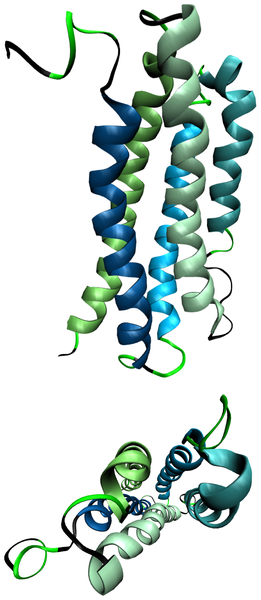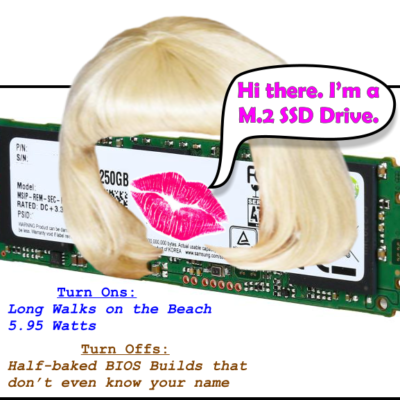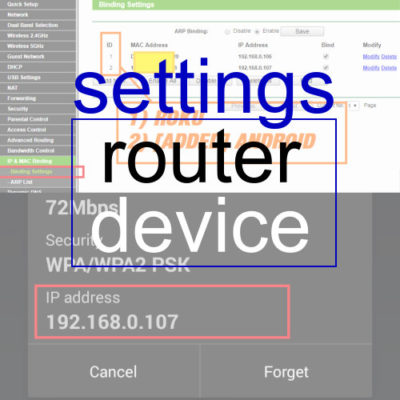If you’re even slightly geeky, or very socially conscientious, then you’ve probably heard of applications like “Folding @ home,” where your computer’s graphics processor runs complex calculations, simulating how proteins are folded to find solutions for disease & health problems.
This post is a roundup of different apps you can download to effortlessly let your computer contribute to a better world when you’re not using it.
I added several “Design” related tags to this post to try to lure Graphic and CAD designers out there. Because you all usually have a more-powerful-than-average Graphics Processing Unit installed in your workstation, why not put it to very good use when you’re not using it for your wonderful (I’m sure) designs? And this altruism can be used to cancel out Bad Karma racked up from the times you yelled at your mother, budged in line, stole a candy bar, kicked the dog, cheated on taxes… You know what you did.
Folding@home
From their website:
Our goal: to understand protein folding, misfolding, and related diseases
You can help scientists studying these diseases by simply running a piece of software. Folding@home is a distributed computing project — people from throughout the world download and run software to band together to make one of the largest supercomputers in the world. Every computer takes the project closer to our goals. Folding@home uses novel computational methods coupled to distributed computing, to simulate problems millions of times more challenging than previously achieved.
Rosetta@home
From their website:
Rosetta@home needs your help to determine the 3-dimensional shapes of proteins in research that may ultimately lead to finding cures for some major human diseases. By running the Rosetta program on your computer while you don’t need it you will help us speed up and extend our research in ways we couldn’t possibly attempt without your help. You will also be helping our efforts at designing new proteins to fight diseases such as HIV, Malaria, Cancer, and Alzheimer’s (See our Disease Related Research for more information). Please join us in our efforts! Rosetta@home is not for profit.
Docking@home
from their website:
Docking@Home is a project which uses Internet-connected computers to perform scientific calculations that aid in the creation of new and improved medicines. The project aims to help cure diseases such as Human Immunodeficiency Virus (HIV). Docking@Home is a collaboration between the University of Delaware, The Scripps Research Institute, and the University of California – Berkeley. It is part of the Dynamically Adaptive Protein-Ligand Docking System project and is supported by the National Science Foundation.
How Does It Work?
Before new drugs can be produced for laboratory testing, researchers must create molecular models and simulate their interactions to reveal possible candidates for effective drugs. This simulation is called docking. The combinations of molecules and their binding orientations are infinite in number. Simulating as many combinations as possible requires a tremendous amount of computing power. In order to reduce costs, researchers have decided that an effective means of generating this computing power is to distribute the tasks across a large number of computers.
World Community Grid
from their website:
Our Mission, Our Work and You
World Community Grid’s mission is to create the world’s largest public computing grid to tackle projects that benefit humanity.
Our work has developed the technical infrastructure that serves as the grid’s foundation for scientific research. Our success depends upon individuals collectively contributing their unused computer time to change the world for the better.
World Community Grid is making technology available only to public and not-for-profit organizations to use in humanitarian research that might otherwise not be completed due to the high cost of the computer infrastructure required in the absence of a public grid. As part of our commitment to advancing human welfare, all results will be in the public domain and made public to the global research community.
I’ve included only projects that are based on biological & medicinal research, as I feel they’re more immediately important to society than say, SETI@home. The aforementioned projects also seem to have a loaded queue of projects ready for computation, unlike say, LHC@home. Finally, the projects listed above have been sponsored – or supported in some way – by the NSF (National Science Foundation), a U.S. Government program which I see as an extremely positive force in the world. That said, fields like astrophysics are more interesting to me than biology. For more info on all the different “Distributed Computing” projects out there, click here.









Leave a Reply about how this blog changed your life.